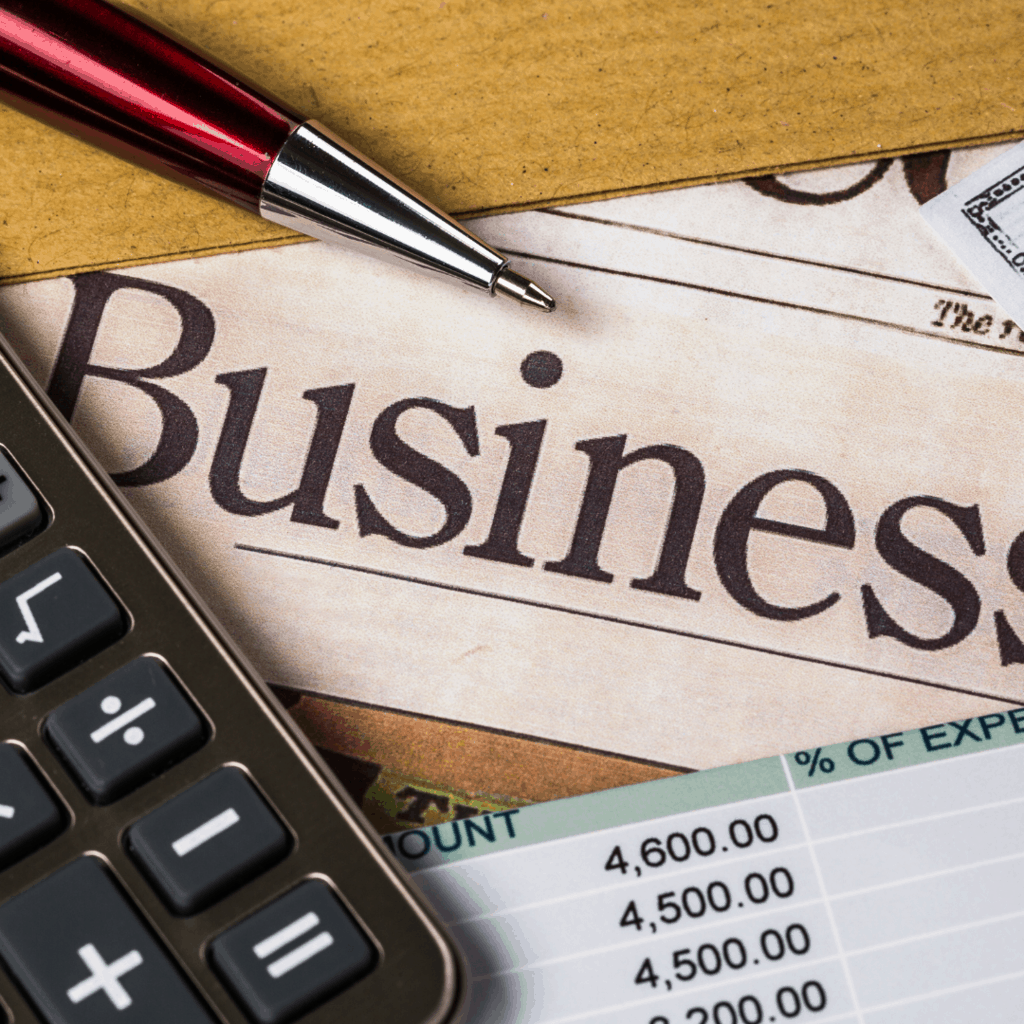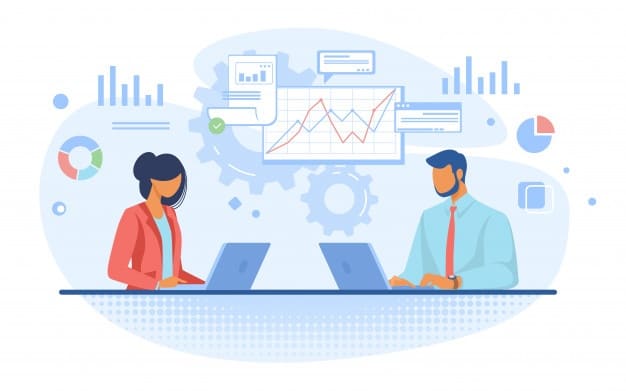After you’ve determined that filing Chapter 11 bankruptcy is the best way to handle your debt issues, what’s next? How does the process work? The New Jersey Bankruptcy Court’s website: www.njb.uscourts.gov provides an excellent breakdown of the process. This 2-part blog post will provide you with some easy to follow guidance and help you better understand the process. Let’s begin reviewing some of the preliminary steps.
Credit Counseling
When you file for Chapter 11 as an individual, you will need to attend an on-line credit counseling course. You must also obtain a certificate of completion for your credit counseling course. You have to take the course by an approved agency within 180 days prior to filing your case. During this process, your credit counseling agency will help develop a repayment plan. However, this repayment plan is not likely to look anything like the Plan you submit with your Disclosure Statement in an Individual Chapter 11 case. It is for “informational purposes” only!
Preparing Your Chapter 11 Petition
To begin, you’ll need to prepare a petition disclosing all of your assets and liabilities, income and expenses. Also included is a detailed statement of your financial affairs. A husband and wife may file a joint petition or individual petitions. It is important to have your attorney assist you with gathering all of the necessary documentation to support your petition. A lawyer will also help determine if you should file a joint petition or not.
Next, you file your petition with the bankruptcy clerk’s office. The filing of the petition triggers the Automatic Stay. The Automatic Stay is an injunction that arises automatically, the moment your bankruptcy petition is filed. It prohibits most creditors from continuing collection efforts against you or your assets. A creditor can seek relief from the automatic stay by filing a motion with the Court. If the bankruptcy judge grants the motion, the creditor can proceed with their collections efforts. It should be noted that collections efforts are construed very broadly by the Bankruptcy Code and include ANY action against property of the debtor, including continuing with court proceedings (other than criminal, divorce or support proceedings), repossessions, wage garnishments, and bank levies, to mention a few.
Monthly Operating Reports
During your Chapter 11 bankruptcy case, you will need to file with the court monthly operating reports. These reports will include your income and expenses for that month. The reports are available to your creditors, the court, as well as the United States Trustee. These reports allow these three actors to assess the feasibility of your proposed reorganization plan. They ensure that you are disclosing all of the your post-petition income and expenses. They also make sure that you conduct your affairs during the case in a manner that is fair and equitable to your creditors. Unlike in a chapter 7 or chapter 13 case, where an individual case trustee is appointed to oversee and administer the case, in a chapter 11 case, the Office of the United States Trustee plays a major role in monitoring the progress of a Chapter 11 case and its administration.
Meeting of Creditors
Next, the United States Trustee conducts a meeting of creditors pursuant to 11 U.S.C. § 341(a) (“Section 341 Meeting”). The Section 341 Meeting will be scheduled between 20 and 40 days after you file your petition. A Section 341 Meeting is a public meeting, similar to a deposition. It provides the opportunity for the Trustee and your creditors to question you under oath regarding your bankruptcy plan. Creditors can decide to attend or not. In Chapter 11 cases, the hearing generally lasts one to two hours.
Filing Chapter 11 bankruptcy is full of complications and confusion on your own. Let the Lucid Law team help explain the process to you in detail. Experienced guidance makes all the difference for your financial future. Contact us at (908) 350-7505 today.



